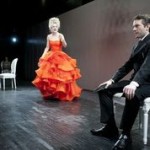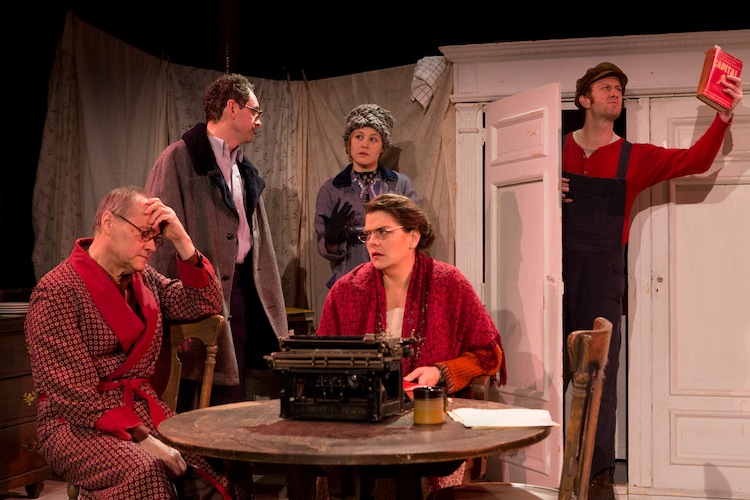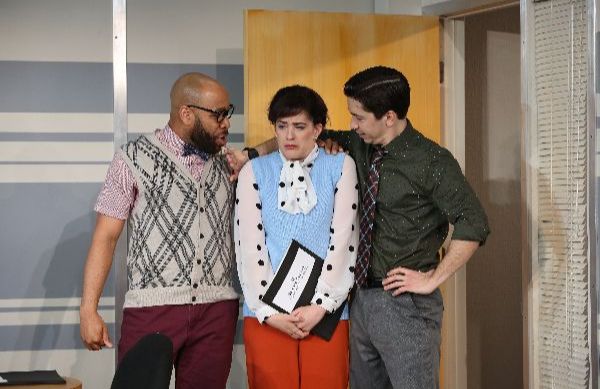by: JK Clarke
One of the most irritating things about many modern portrayals of the French Revolution and Marie-Antoinette — the infamous Austrian-born Queen of France at the time — is the flippancy with which it is portrayed along with an apparent lack of understanding of the period’s significance. With the violent, bloody destruction of the Ancien Régime (the aristocracy as an institution), nations worldwide began to examine class structure in an entirely new way. France’s King Louis XVI and, in particular his Austrian-born wife, Marie Antoinette, became the symbols of the old class system. And with reason: they had very little compassion for, or awareness of, the widespread starvation in the country, nor any understanding that political change was imminent. The French hated Marie Antoinette, it’s true, but it must be acknowledged that she was the victim of terrible coincidence and timing. The world was changing, with France at the forefront, and she had the misfortune of being in the wrong place at the wrong time. Most modern representations of the period tend to miss these points entirely. Fortunately, despite a farcical and fanciful take, David Adjmi’s Marie Antoinette at Soho Rep gets it right in the craftiest and most entertaining way possible.
Like any good play with a point, era is irrelevant. The famous, high-piled dandy hair is there, but Anka Lupes’ beautiful costumes are a mélange of periods. Marie’s flowing, buffeted red ball-gown could be a rich girl going to her prom. And other players wear gowns or suits that are more appropriate to their temperament and character than anything else (Marie’s captor, Will Pullen, looks like a modern paramilitary mercenary). What’s important here are Adjmi’s clever and pointed dialog; Rebecca Taichman’s sharp directing; and terrific acting, particularly by the excellent Marin Ireland, who proves herself, yet again (among so many other terrific roles, she was remarkable in New Group’s 2010 revival of Shepard’s A Lie of the Mind), as a multi-layered Marie Antoinette. She’s at once a young girl having a good time, making due with being, on one hand the Queen she’d rather not be, married to the husband she’s rather not have; and, on the other hand, the tempestuous, occasionally rageful, philandering, possibly alcoholic, fed up woman. One moment she’s giggling, “Oh my god, I’m picking up British affectations!” then “the people aren’t happy; or – I don’t know what they are . . .” and then “there’s all these F***ING rules, I can’t TAKE IT!” She’s addled, scatterbrained and confused, and Ireland conveys all these conflicting emotions and still manages to make her quasi-sympathetic.
The play is an imagined look at what life might have been like in the royal court as the Revolution approached. To paint Marie as a modern-day, Paris Hilton-esque bimbo (with a full complement of southern California-styled “Oh my god’s!” and “Call me’s” is risky, but it absolutely works. This is a play about what happens when a person’s life is turned upside down due to circumstances beyond their control (whether or not they deserved it). Marie has trouble processing the change and losing the respect and obedience due a Queen—it is unfathomable to her—but, bit by bit, she has to. She is a captive enemy of the state and society.
The other actors and roles are strong, as well, enhanced by Adjmi’s sharp script. The humor with which the royal court is approached is reminiscent of Mel Brooks’ History of the World Part I, which portrays the royals, Louis XVI in particular, as bumbling oafs, not capable of dressing themselves, let alone running a nation. Steven Ratazzi as Louis XVI is a mystified child, obsessed with his clock collection, and simply not up to the task of being King. And the sycophantic courtiers, like Marsha Stephanie Blake’s Yolande de Polignac, fan themselves and roll their eyes while doing their best to stay on as Marie’s inner-circle chums . . . until things fall apart, of course.
Adjmi and Taichman’s sometimes surreal take on what really must’ve been surreal changes in the Queen’s life, are what make the play. When Marie retreats to L’Hameau, her play farm (mistakenly identified as the Trianon, which was also one of the palaces she escaped to), where she liked to pretend to be a peasant, she befriends a talking sheep (cleverly portrayed and puppeted by David Greenspan) who warns her “Step Carefully!” (almost echoing Breaking Bad’s Walter White’s warning to his brother-in-law). But this was a Queen with hubris, and like the Aristocracy and the old ways, her end had come. This was the real story of Marie Antoinette.
Marie Antoinette. Through November 24 at Soho Rep (46 Walker Street between Broadway and Church). www.sohorep.org
*Photos: Pavel Antonov

























